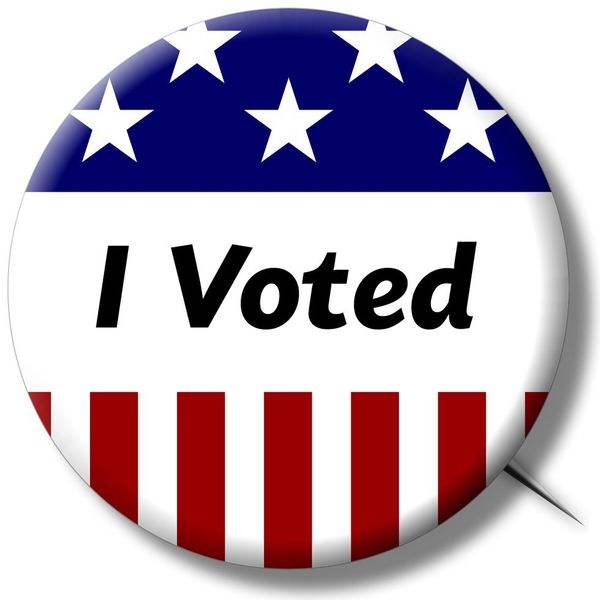Why do people pay attention especially to states like New Hampshire in the primaries? New Hampshire is an important state because it helps solidify the frontrunners for both the Democratic or Republican Parties. The Iowa Caucus determines which delegates represent which candidates from the state while voters determine the New Hampshire primary’s results.
Anything concerning elections is confusing in the U.S. because elections are highly decentralized and so different states have different primary systems, primary election dates, election rules, ID laws and so forth. There are open and closed primary systems while some states employ a system that is a combination of open and closed. A state with an open primary means that any registered voter can vote for any candidate; it also means that a Democrat can vote for a Republican in the primary and visa-versa. States with this election system are Alabama, Arkansas, Georgia, Hawaii, Michigan, Minnesota, Missouri, Montana, North Dakota, Vermont, and Wisconsin.
A closed primary means that voters must be affiliated with a party and vote for a candidate within that party. Someone registered as an independent, or unaffiliated, cannot vote in a primary. States with this election system are Delaware, Florida, Kansas, Kentucky, Maine, Nevada, New Jersey, New Mexico, New York, Pennsylvania, and Wyoming. Unfortunately, the majority of the states combine aspects of open and closed primaries and the rules vary among the states. There is also the “top-two” primary election system, but this system is not used in presidential primaries. A website that nicely outlines the primary systems of different states is the National Conference of State Legislature.
From Feb. 9 onwards, states’ primaries will occur. Tuesday, March 1 is known as “Super Tuesday” and 15 states will have either elections or caucuses; After “Super Tuesday”, primary election outcomes will start to become clearer. The last primary ends Tuesday June 14 with Washington D.C. A detailed timetable can be found at a helpful website called 2016 Election Central.
In many states, it is still possible to register to vote, change party affiliations and/or submit absentee ballots as well as make any other necessary voter changes but unfortunately, the timetables and registration requirements differ between the states. The Election Assistance Commission runs a database, in multiple languages, with information on voting regulations and registration for each state. Lastly, it is important to recognize the presidential candidates who are still running. In the Democratic Party, Hillary Clinton and Bernie Sanders are officially running for the Democratic Presidential Nominee. In the Republican Party, Jeb Bush, Ben Carson, Chris Christie, Ted Cruz, Carly Fiorina, Jim Gilmore, John Kasich, Marco Rubio, Donald Trump are officially running for the Republican Presidential Nominee. The Washington Examiner provides a useful and brief breakdown of the candidates’ biographies and their policy positions. Jill Stein is representing the Green Party while Gary Johnson is representing the Libertarian Party.
Voting is disproportionately daunting due to the lack of uniform regulations across the different states and its decentralized status, but resources do exist to help guide people in the convoluted primary election process. Anyone who wishes to vote and is capable of voting should absolutely do so, even if the process of figuring out who to vote for, how to vote, and when to vote is unnecessarily tedious.





















